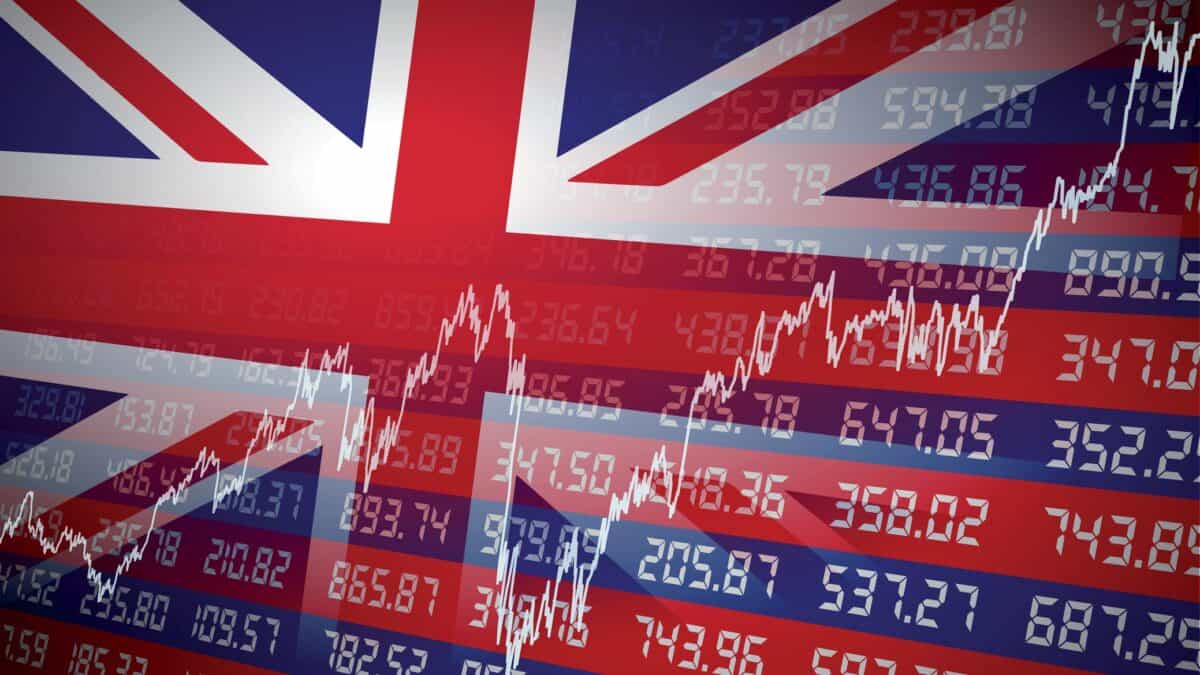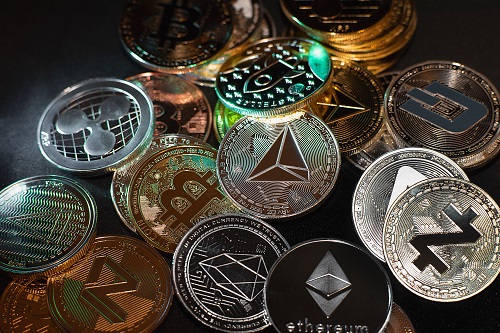Unlock the White House Watch newsletter for free
Your guide to what the 2024 US election means for Washington and the world
China has imposed retaliatory tariffs on the US, its embassy in Washington said on Sunday — hitting about $14bn worth of goods and dashing hopes that a trade war between the world’s two largest economies could be avoided.
Beijing announced the tariffs last week in response to a US decision to impose an additional 10 per cent levy on Chinese products, which US President Donald Trump called an “opening salvo” in a renewed trade offensive against China.
Compared with the blanket US tariffs, China’s measures — which target US exports of liquefied natural gas, coal, crude oil and farm equipment as well as some automotive goods with levies of 10 per cent to 15 per cent — were seen as creating space for negotiations to avert a wide trade conflict.
But by the Sunday deadline there was no news of a deal and China’s embassy in Washington said the tariffs came into effect at 12.01am Beijing time on Monday (11.01am on Sunday in Washington DC).
Beijing last week also announced an antitrust probe into Google, whose search engine is blocked in China, and Illumina, a US biotechnology company. And it blacklisted the holding company of US clothing brands Calvin Klein and Tommy Hilfiger.
China underlined its control of the rare earths supply chain by restricting exports to the US of five critical metals used in defence-related industries, solar panels, electric vehicle batteries and other green energy products. China produces about 60 per cent of the world’s rare earths and accounts for 90 per cent of processing in the industry.
Financial markets had initially hoped Trump might follow the same playbook with China as with Canada and Mexico — against which he also announced tariffs, but then gave a month’s reprieve following last-minute talks with their leaders.
Trump had suggested he would speak with Chinese President Xi Jinping, but later said he was in “no rush” to do so.
Experts have suggested Beijing might have objected to Trump’s tactics, announcing the tariffs just two days before they came into effect, and before approaching Chinese officials for negotiations.
Trump has accused China, along with Mexico and Canada, of failing to curb the flow of the deadly opioid fentanyl into the US.
He has also instructed the US Trade Representative to investigate Chinese compliance with the first phase of the trade deal he sealed with China in 2020 during his first term in the White House, under which Beijing agreed to buy more American products.
The USTR is due to report the findings from the probe on April 1, at which point there could be another confrontation, analysts said.
Beijing has taken some measures to stem the flow of ingredients for fentanyl — known as precursor chemicals — since a summit in San Francisco in late 2023 involving the then US president Joe Biden and Xi. But the Trump administration accuses Beijing of subsidising Chinese companies that make the precursors.
The US-China trading relationship has shaped both countries’ economies in recent decades.
But China’s share of total US imports has fallen markedly since Trump introduced tariffs during his first term, leading some analysts to suggest that Beijing may be better placed this time to endure the president’s measures.
Frederic Neumann, chief Asia economist at HSBC, said many Chinese companies would be able to bear a 10 per cent tariff on their goods, given the country’s export prices had declined much more than those of rival producers over the past two years.
“If there was only a 10 per cent tariff on China and we left it at that, I think many investors would sleep more comfortably,” he added. “The big worry, of course, is this is a prelude to potentially larger trade restrictions.”
Credit: Source link














